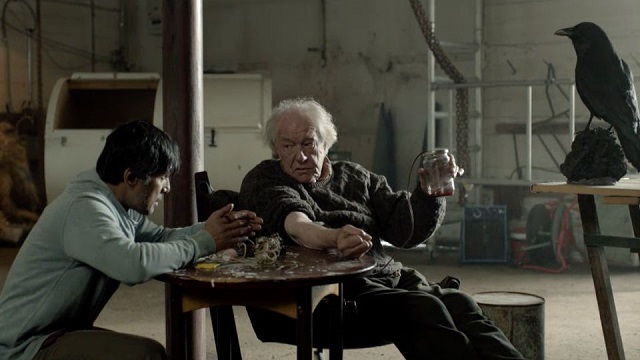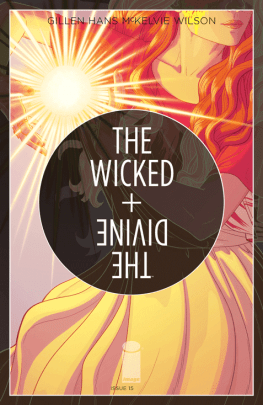Written by Dan Slott
Pencils by Giuseppe Camuncoli
Published by Marvel Comics
Well, it’s finally over. After six months and nearly thirty books, including set-up and tie-in issues, Spider-Verse has finally come to an end. After putting an end to the Inheritor threat, the remaining Spiders get a chance to find their way home and get back to their lives. But before they can do that, there’s a last bit of convoluted exposition to wade through before Peter Parker – and the readers – can move on.
To start, the best part of the comic is the various Spider-People getting a chance to simply talk and interact with each other, something that could have been in the main event, but for whatever reason, was ignored in favor of epic battles and prophecies. Most of the characters banter a little bit before heading home to their own dimensions, which feels less like soldiers returning home from a war and more like a group of college kids heading home after a wild and crazy party. While most of the Spiders are forgotten by the end of the story, Spider-Girl, a.k.a. Mayday Parker, gets a surprisingly well-done send-off, despite her baffling and inconsistent characterization throughout the arc.
 On the other end of the spectrum, the Superior Spider-Man’s plot finally comes to a close. Here, Otto attempts to destroy whole universes in his attempt to escape his demise. While Otto’s characterization feels true, it culminates in yet another confrontation between him and Peter Parker, which feels ultimately redundant given the number of confrontations the pair has had since the start of Superior Spider-Man. What’s worse, is that most of the drama of the confrontation is robbed by the on-the-nose hints towards the upcoming Secret Wars, where most of the alternate universes are slated to be destroyed anyway, rendering the death of these universes redundant. These kind of constant reminders to buy other books, be they tie-ins to the current series or upcoming books, pervaded the narrative of Spider-Verse, resulting in a jarring story that felt more focused on advertising other books than telling it’s own story.
On the other end of the spectrum, the Superior Spider-Man’s plot finally comes to a close. Here, Otto attempts to destroy whole universes in his attempt to escape his demise. While Otto’s characterization feels true, it culminates in yet another confrontation between him and Peter Parker, which feels ultimately redundant given the number of confrontations the pair has had since the start of Superior Spider-Man. What’s worse, is that most of the drama of the confrontation is robbed by the on-the-nose hints towards the upcoming Secret Wars, where most of the alternate universes are slated to be destroyed anyway, rendering the death of these universes redundant. These kind of constant reminders to buy other books, be they tie-ins to the current series or upcoming books, pervaded the narrative of Spider-Verse, resulting in a jarring story that felt more focused on advertising other books than telling it’s own story.
The character that was given the least to do over the course of Spider-Verse is, ironically, Peter Parker himself. Throughout the event, rather than actually taking charge of the event and proving why he’s the strongest and most capable Spider-Man in all the multiverse, we are instead told why by other characters. For the hero of both the event and the book, “the Amazing Spider-Man” comes off as not so amazing, especially in comparison to the myriad of “copies” that surround him. By the end of the book, the only real character change that comes about after the event is that Peter firmly believes in his ability to run his company, something that feels decidedly lackluster considering the larger-than-life nature of the crossover.
The art is handled by Giuseppe Camuncoli, who once again does a fine job handling the multiple Spider-Men and Women, but the backgrounds for this issue are all essentially the same neutral black backdrop, with the occasional pillar or web to break it up. Each character retains their individuality and personality, despite being variations of the same basic design, vital in an event with “every Spider-Man ever.” The fact that the art is the best part of Spider-Verse is a given at this point, but doesn’t save the story from itself.
While the epilogue of Spider-Verse wisely took a breather and allows its characters to actually interact with each other, it’s not enough to make up for the event’s earlier failings. Between a plot soaked in nonsensical prophecies, ancient scrolls, and time travel, the potential for real, tangible storytelling was lost. What’s worse is that despite having a nearly infinite copies of who is arguably the most fun and energetic superhero ever created, the characters all reacted to the plot and narrated their actions as they happened, instead of trusting the audience to piece together what is happening. Hopefully, Amazing Spider-Man elects to take a break from the world-shattering events and tell an actual story going forward.






